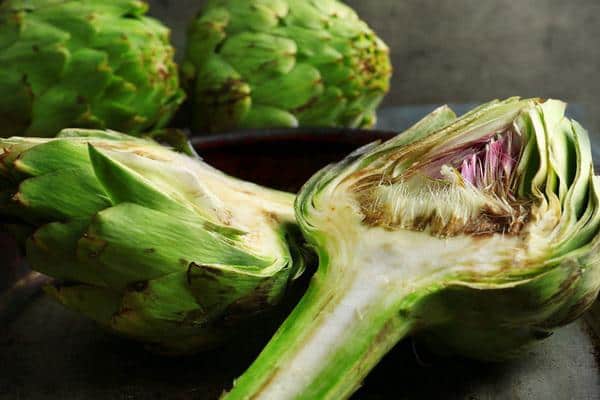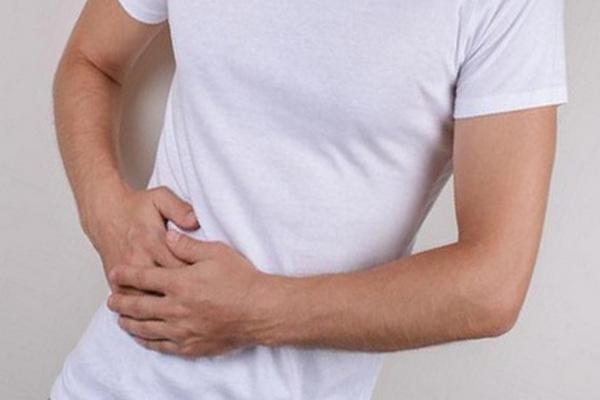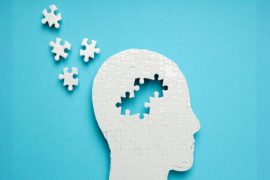The liver is a very important organ that performs many functions in the body. The most important of these are the neutralization and elimination of toxins, the production of bile and the accumulation of vitamins. The liver has great regenerative capacity, but if we don’t take proper care of it, it can lead to liver failure and serious health problems. It can start imperceptibly – from drowsiness, constant fatigue, abdominal pain or weakened immunity. So, what can be done to improve liver function? What to eat and what to avoid keeping it running at full speed?
What is bad for the liver? How do you know if you are sick?
Although the liver is able to tolerate a lot and can completely regenerate, its constant stress leads to a violation of its functions. The liver mainly suffers from alcohol abuse, overeating, improper and difficult to digest diets, stress, or over-medication. Viral and bacterial infections and parasites can also cause liver problems.
The first symptoms of a diseased liver are easy to miss and confuse with a temporary worsening of the condition. Initially, there is a weakness of the body, belching and a feeling of fullness after eating, flatulence, nausea or abdominal pain on the right. There may also be trouble sleeping and excessive sleepiness, lack of appetite, low blood pressure, or blood clotting problems. Organ dysfunction can lead to serious illnesses, including: steatosis, cirrhosis,
Principles of the liver diet

When the liver starts to work harder and becomes overworked, eating the right diet can help. A properly composed menu allows the body to regenerate and reduces the risk of its diseases. There is no universal liver diet – it all depends on the type of disease and the degree of organ damage. However, there are a few key rules to follow when dealing with liver problems. First, you should eat 5-6 small and easily digestible meals at regular intervals every 2–3 hours. Thanks to this, we will relieve the liver and slow down the pace of its work. It is best to have breakfast within an hour after waking up and have dinner 2–3 hours before bedtime. Overeating should be avoided as it leads to abdominal pain and hepatic colic. Food should be eaten slowly, without haste and stress, carefully chewing each piece.
It is important to properly hydrate the body, so you should drink min. 1.5 liters of liquid per day, especially mineral water and weak teas. Dishes should be fresh, preferably cooked just before serving. It is best to steam or water them, bake them in foil, or simmer them without adding fat. Avoid frying foods and stewing them in heavy sauces. You should also avoid using processed foods, sweets, alcohol, strong coffee, and black tea or spices. It is also recommended limiting your intake of salt and animal fats, such as lard, bacon, fatty meats and cold meats, cream or fatty dairy products.
What is on a liver diet?

Liver function and regeneration can be supported by many nutrients such as phospholipids (especially choline), flavonoids, protein, and vitamins C and B12. The liver diet should include many vegetables, especially vegetables that are a source of antioxidants and vitamin C, such as lettuce, broccoli, carrots, beets, tomatoes, and parsley. Garlic, onion, avocado, cauliflower and oats are worth trying, which contain sulfur compounds that are involved in detoxification mechanisms and support the body’s detoxification function. Artichokes also promote liver regeneration, which helps dissolve bile deposits.
You can also eat fruits (blueberries, grapes, peaches, bananas, apples), but don’t overdo it. The diet for the liver should include protein, that is, lean meat (chicken, turkey, beef, veal) and lean fish (cod, pollock, trout or pike). You should also eat skim milk and low-fat products (yogurt, kefir, buttermilk, low-fat cottage cheese). Sources of choline include potatoes, oatmeal, meat, and eggs (which can be eaten with good fat tolerance).
The liver’s diet should also include cereals rich in B vitamins and minerals (wheat flour, white bread, semolina, millet, barley, cornflakes). Fats should be eaten from time to time, preferably raw. These can be vegetable oils (olive, rapeseed, sunflower, linseed). You can also eat nuts and seeds in moderation.








